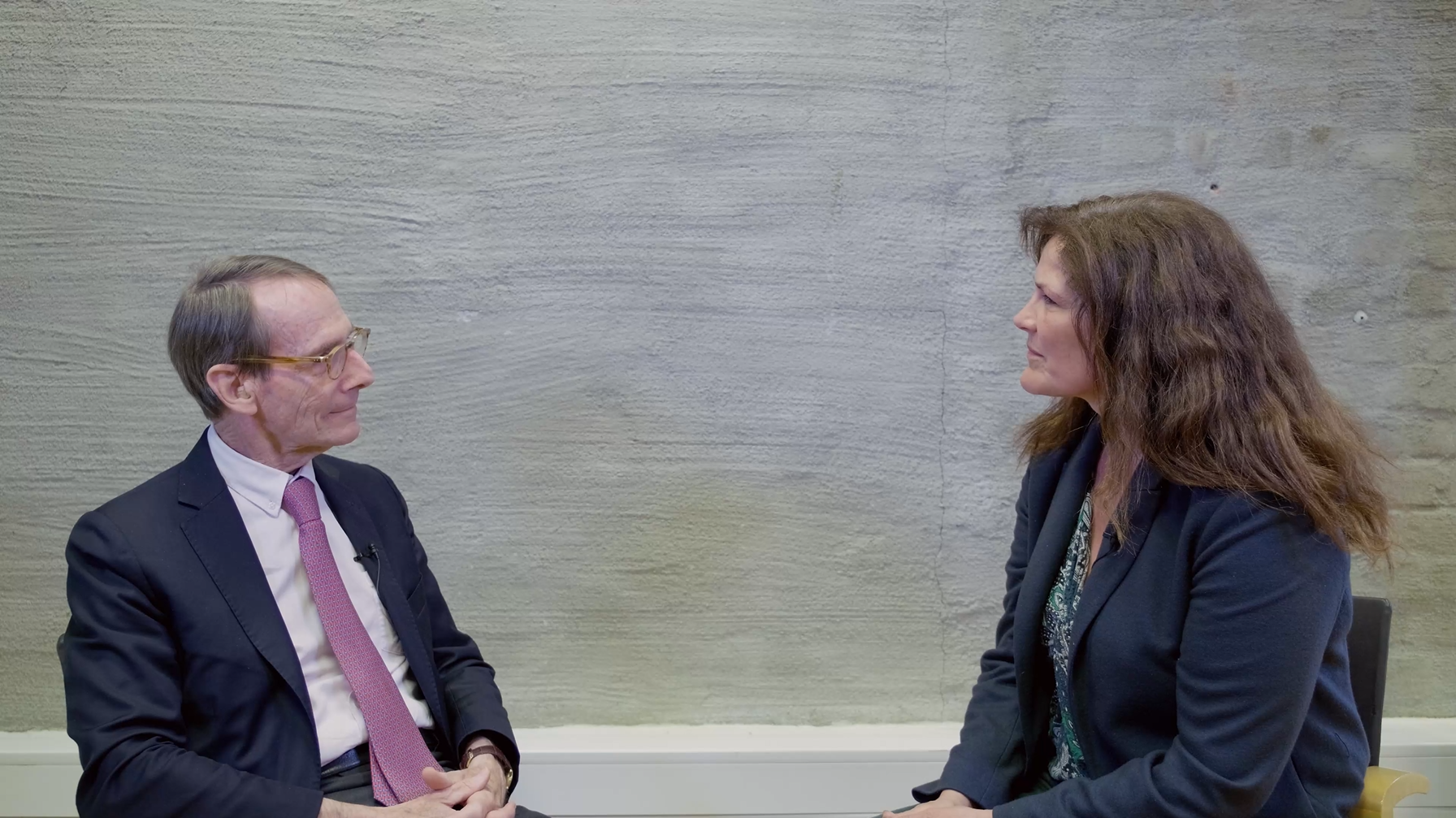Interview with Erik Møse, former ICTR President
Following his panel discussion at the June 6th seminar on “Gender, Accountability, and Atrocity Prevention”, former ICTR President Erik Møse agreed to carry out an interview with HL-senteret researcher Ingvill Thorson Plesner. Here Møse expands on the accountability process during and following the Rwandan genocide directed against the Tutsi, as well as the crucial role of gender in the genocide.
Here is his full transcribed interview, which you may also watch here:
- What are the mechanisms for accountability after genocide?
Well, we can use Rwanda as an example. This was a clear genocide, and there the United Nations decided to set up a specific tribunal to judge whether people were guilty of or innocent as perpetrator during the genocide.
The tribunal started functioning in the nineties, and went through the entire history of the genocide as it unfolded in Rwanda and finalized about 75 cases against perpetrators. Some convicted, some acquitted. In addition, Rwanda had its own judicial system, both the normal court and also the so-called Gacaca courts.
These Gacaca courts were lay courts, not legal professionals involved in the proceedings there, but they addressed what we can say were the people on the ground, whereas, for instance, the Rwanda Tribunal focused on the leaders of these atrocities.
- First of all, what was your role in this process? And in retrospect, how do you consider the importance of the tribunals at the different levels?
Well, my own role was that I was elected by the General Assembly as one of the judges in the Rwanda Tribunal. I stayed there for 10 years and I was president and vice president in the tribunal. It was a fascinating time. I think we all felt that in a way we were pioneers in this new road of accountability for international crimes.
The tribunal covered both genocide, crimes against humanity and war crimes. And my impression was that we made a good contribution to accountability, as well as some contribution to reconciliation in Rwanda.
- And what were the main challenges as regards documentation and evidence, and how did you personally deal with that?
The most complicated element in the proceedings was of course to obtain the evidence. Our evidence was mainly testimonies from witnesses, they gave an account on what they had experienced many years ago. The question was to assess the credibility and veracity of what was said in the courtroom.
And there were many ways to slow down the proceedings. Witnesses, for instance, suddenly didn't show up. There were thousands of pages to be read, but we managed to create mechanisms so that we limited the time consumption to a maximum. And that was a very inspirational process. International proceedings do not have to be lengthy. You can go through one case with relatively few days in the courtroom, and with that I mean less than 30 or 35 if the case is not too complicated.
- And what would you say, what are really the importance of such mechanisms for accountability after genocide in a wider perspective, also with regard to possibly reconciliation and prevention?
Focusing now on accountability, I think that the fact that the international tribunals of this kind focus on leaders is extremely important. It demonstrates in a very visible way that no one is above the law, and that sets an example also for others.
And this division of work between, on the one hand, international proceedings, and on the other hand, national proceedings, is a good combination. And it's also very important that these international proceedings hold the highest standards of fair trial within reasonable time. And this should also set an example for the national proceedings.
- And last but not least, what were, in your court experience and proceedings, the experience of the gender perspective in the Rwandan genocide and in the accountability process?
Before the Rwanda Tribunal and before the Yugoslav Tribunal, there was very limited case law, if any, about gender-based and sexual crime at the international level. But thanks to some early judgments in the Rwanda Tribunal, and then at the ICTY, it was established that genocide involved crimes- also sexual crimes. And sexual crimes are also part of crimes against humanity and war crimes. And it's very important when investigating such crimes that you have a strategy and that you look for the evidence of such crimes, which are difficult to discover because the victims are hesitant to come forward, because of stigma and for other reasons.
But once you have these conditions fulfilled, then the judgment were passed. And I think that sent a strong signal, both to the ad hoc tribunals, other ad hoc tribunals, and to the current tribunals at the international field, namely never to forget the sexual crimes.
This interview with Erik Møse is available to watch here: https://www.youtube.com/watch?v=XXEyQREv_hU
Ingvill Thorson Plesner also interviewed other panelists after their session. Their interviews are available here:
